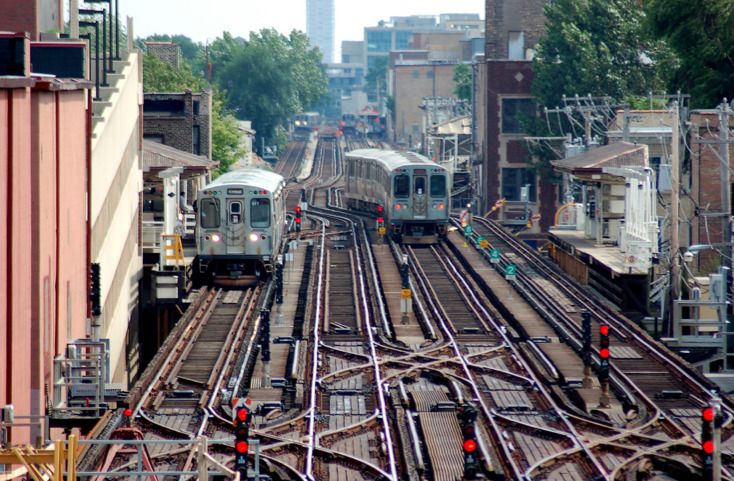Here’s an obvious point that bears repeating: In this world, we have a limited supply of resources, and we must as a society choose what we want to prioritize. That is why we have planning. By allowing us to evaluate alternatives and pick our preferred option, planning encourages debate and then compromise about the future use of those limited funds.
In the United States that planning authority — which ultimately results in decision-making — is completely decentralized. This means that not only do the states and the federal government plan, but so do municipalities, regional groups, even sometimes neighborhood associations. In some ways, this is a positive reflection of the degree to which Americans cherish their democracy. On the other hand, it diminishes the ability of governments to make coherent and long-lasting decisions about how to invest.
When it comes to transportation, the fragmentation of planning can be incredibly problematic, since transportation works best when it is thought of and implemented as an integrated network. But if one level of government proposes something different than does another level of government, and each goes about advancing its plan independently, it’s easy to see how easily the transportation network could come undone. Especially when there is only a limited supply of money.
Take Chicago: There, Mayor Richard Daley is promoting the idea of a high-speed link between the airport and downtown, claiming that it would “rebuild” the city’s economy. Meanwhile, the city-run Chicago Transit Authority is pushing an extension of its Red Line rapid transit corridor. No one seems to be clear about whether it’s more important to provide better public transportation to an under-served neighborhood or whether to attract business by connecting to the airport.
Or Minnesota: Some of that state’s residents want $700 million to build a rail line between Minneapolis and Duluth, even as others think the priority is a better connection to Wisconsin, and the state comes down somewhere in the middle, with a “vision” but few specifics. Meanwhile, the federal government has not been clear about what its own ambitions are for the national rail network.
In the Bay Area, regional interests are balkanized to a degree that the manner in which projects move forward is haphazard and illogical. The region’s growth goals cannot be met because of confusion about whether new projects should be built in the interest of the wider region or individual municipalities.
In each of these places, though all projects could theoretically be funded, they will inevitably compete for local, state, and federal funds. But without an independent arbiter making priorities in the planning process, millions of dollars will be wasted on engineering studies and sometimes even preliminary construction. This leads to wasted time as there are delays in choosing which project to move forward with. That is, until the bullet hits the fan — when Washington, the ultimate funder of transportation projects, makes its choice.
Indeed, in spite of the fragmentation of planning and the increasing tendency of regions to promote multiple and sometimes conflicting projects at the same time, virtually everyone is applying for money from the federal government, which can only commit to a small percentage of overall projects. A multiplicity of planning possibilities at the local level must ultimately come to an end, where the dollars are.
There is no easy solution to this problem. At first glance, one possibility is the complete centralization of planning: If the federal government is to play the most important role as the distributor of infrastructure funds, perhaps it, too, should decide where and when new transportation projects should be built.
But that approach would not provide enough for local needs and wants, and would deny the ability of individuals to play a democratic role since power would be so concentrated that local elected officials, who have more contact with day-to-day people, would be left out of the process. This approach is antithetical to the important goal of producing broader societal empowerment.
Yet today’s system doesn’t work, either. We must find a better way to integrate comprehensive planning into the process of infrastructure creation from the beginning, or we’ll end up spending far too long and far too much money fighting over what approach to take.

Yonah Freemark is a senior research associate in the Metropolitan Housing and Communities Policy Center at the Urban Institute, where he is the research director of the Land Use Lab at Urban. His research focuses on the intersection of land use, affordable housing, transportation, and governance.















